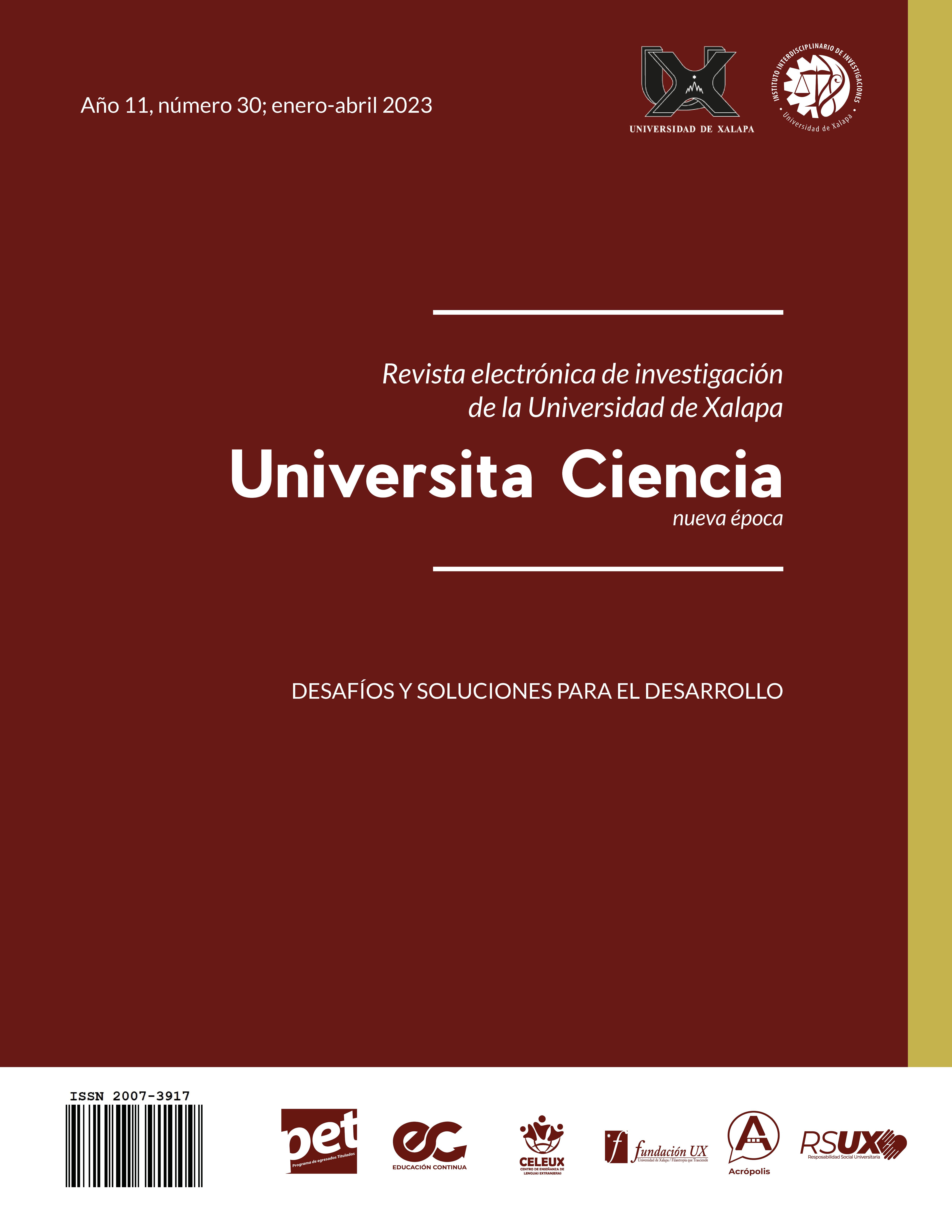Open and Electronic Government as Factors that Favorable Impact on the Fight Against Corruption in Mexico
DOI:
https://doi.org/10.5281/zenodo.7843379Keywords:
open government, E-Government, fight against corruptionAbstract
Since the reform of May 2015, the National Anti-Corruption System was implemented in Mexico, likewise, in this year, the Member States of the United Nations Organization, including the aforementioned country, approved the 2030 Agenda for sustainable development said background served as the basis for making legal, institutional and governmental changes that would allow an effective fight against corruption in Mexico, being two of the tools that favor such work, the implementation of open government and electronic government.
Metrics
References
Álvarez Montero, José Lorenzo (2018), La Responsabilidad de los Servidores Públicos y el Sistema Anticorrupción en el Estado de Veracruz de Ignacio de la Llave, Universidad de Xalapa.
Corona Lizárraga, José Alfredo (2020), Las vicisitudes del ser humano en la concepción de estado. En Vázquez Azuara, Carlos Antonio & Del Valle Garrido, Adriana, Los códigos de ética en el régimen de responsabilidades administrativas (pp. 11-27), Universidad de Xalapa.
Datosmacro. (2022). México - Índice de Percepción de la Corrupción 2021. https://datosmacro.expansion.com/estado/indice-percepcion-corrupcion/mexico
Diario Oficial de la Federación del 27 de mayo de 2015
El Economista. (2022). Se estanca combate a la corrupción; México ocupa el lugar 124 de 180. El Economista; El Economista https://www.eleconomista.com.mx/politica/Se-estanca-combate-a-la-corrupcion-ocupa-el-pais-lugar-124-de-180-20220124-0169.html
Ignacio, C. J., & Ramón, G.-G. J. (2013). Gobierno electrónico, gestión y políticas públicas: Estado actual y tendencias futuras en América Latina. Gestión Y Política Pública, 22(SPE), 03-48. https://www.scielo.org.mx/scielo.php?pid=S1405-10792013000400001&script=sci_arttext
Lizardo Galvá Reyson (2018) Gobierno electrónico y percepción sobre la corrupción. Un estudio comparativo sobre su relación en los países de Latinoamérica, tesis doctoral, para optar por el grado de doctorado en gobierno y administración pública, universidad complutense de Madrid, https://eprints.ucm.es/id/eprint/47393/
Luna Martínez, Maribel & Altamirano Castro, José Guadalupe (2022), Del gobierno abierto, innovación pública a la confianza ciudadana. En Altamirano Castro, José Guadalupe, & Vázquez Azuara, Carlos Antonio & Álvarez Montero, José Guadalupe, E-Gobierno: La inteligencia artificial y el estado mexicano, (pp. 115-130), Universidad de Xalapa
Macario Álvarez, Edmundo (2021), Gobernanza y nueva normalidad en México: los retos que vienen. En Vázquez Azuara, Carlos Antonio & Altamirano Castro, José Guadalupe, Estudios contemporáneos sobre gobernanza y políticas públicas, con perspectiva de derechos humanos (pp. 193-205), Universidad de Xalapa.
Miluska, Jara (2020). Objetivos y metas de desarrollo sostenible - Desarrollo Sostenible. Desarrollo Sostenible. https://www.un.org/sustainabledevelopment/es/sustainable-development-goals/
Narváez, M. (2022, October 3). Método deductivo: Qué es y cuál es su importancia. QuestionPro. https://www.questionpro.com/blog/es/metodo-deductivo/
Published
How to Cite
Issue
Section
License

This work is licensed under a Creative Commons Attribution-NonCommercial-ShareAlike 4.0 International License.
This journal adheres to the Creative Commons license in the definition of its policy of open access and reuse of published material, in the following terms:
- Accessibility to articles and other publications in whole or in part under the concept of copying, distribution, public communication , interactive access (through the Internet or other means), explicitly maintaining the recognition of the author or authors and the journal itself (authorship acknowledgment).
- Warning that if the articles are remixed, modified or fragments used in other creations, the modified material cannot be distributed, nor is it allowed to reconstruct versions from the original published articles (derived works).
- The use of the contents of the published articles, in whole or in part, for profit (non-commercial recognition) is prohibited.
The author retains copyright, transfers or grants exclusive commercial rights to the publisher, and a non-commercial license is used.














